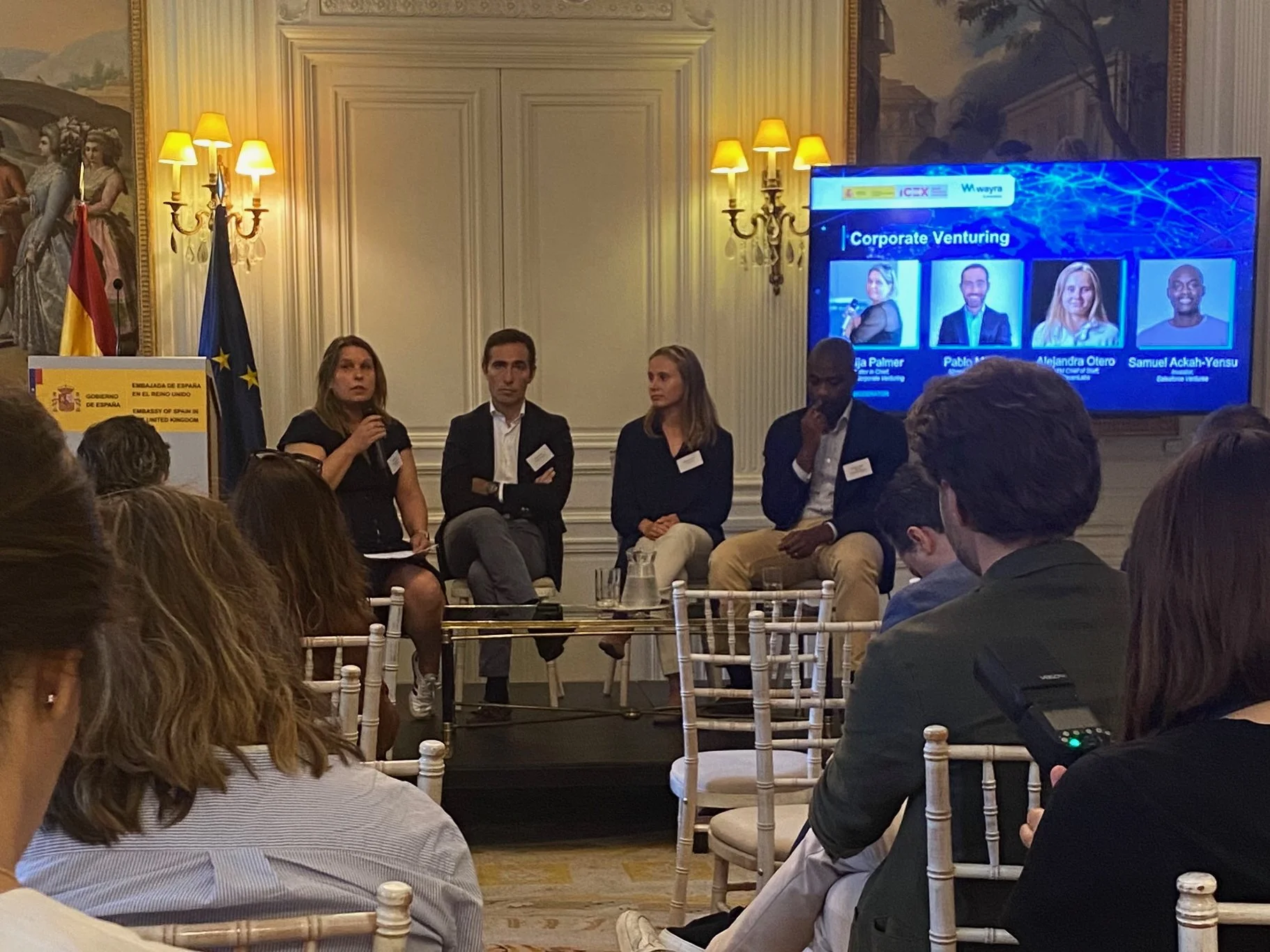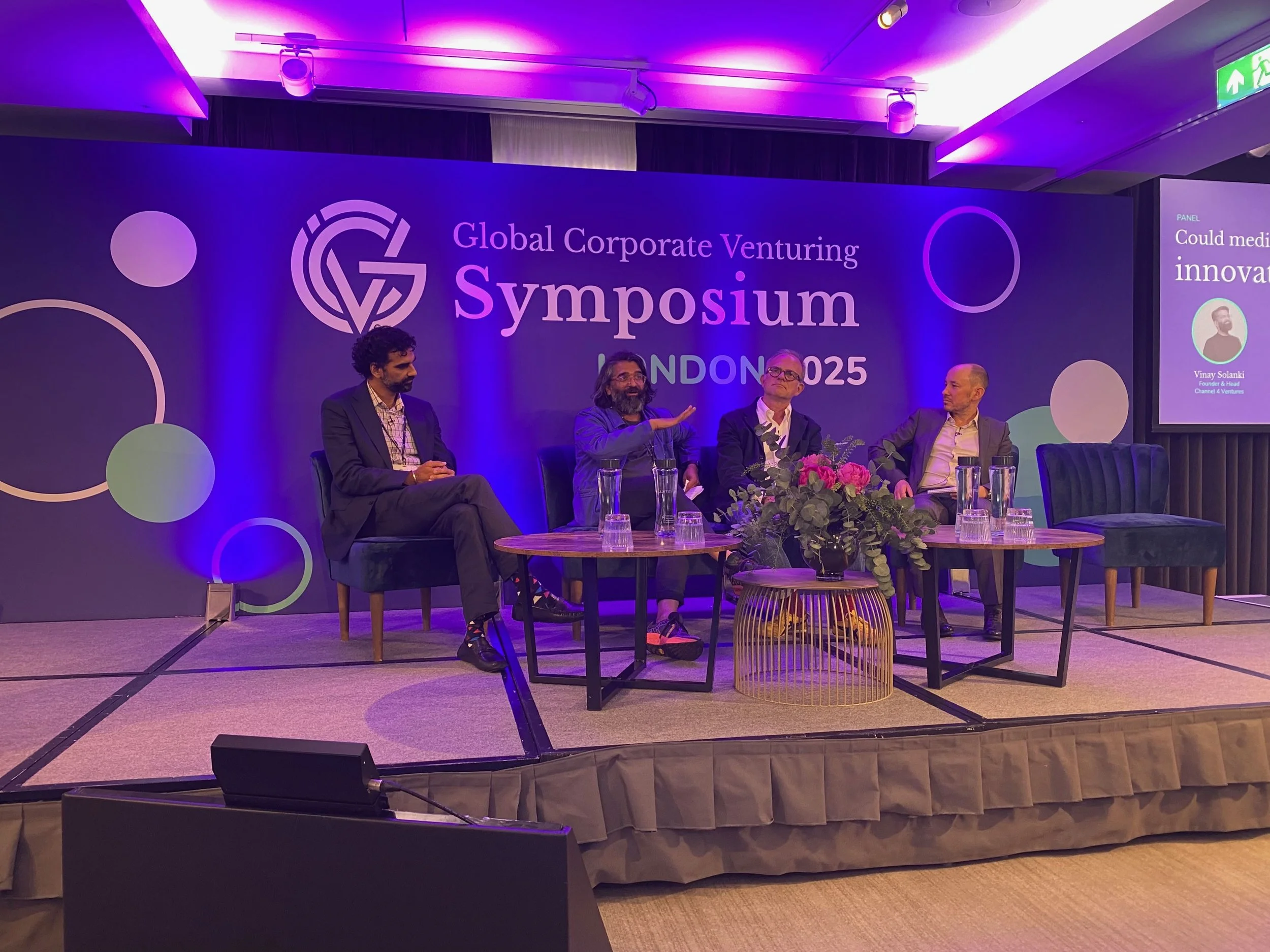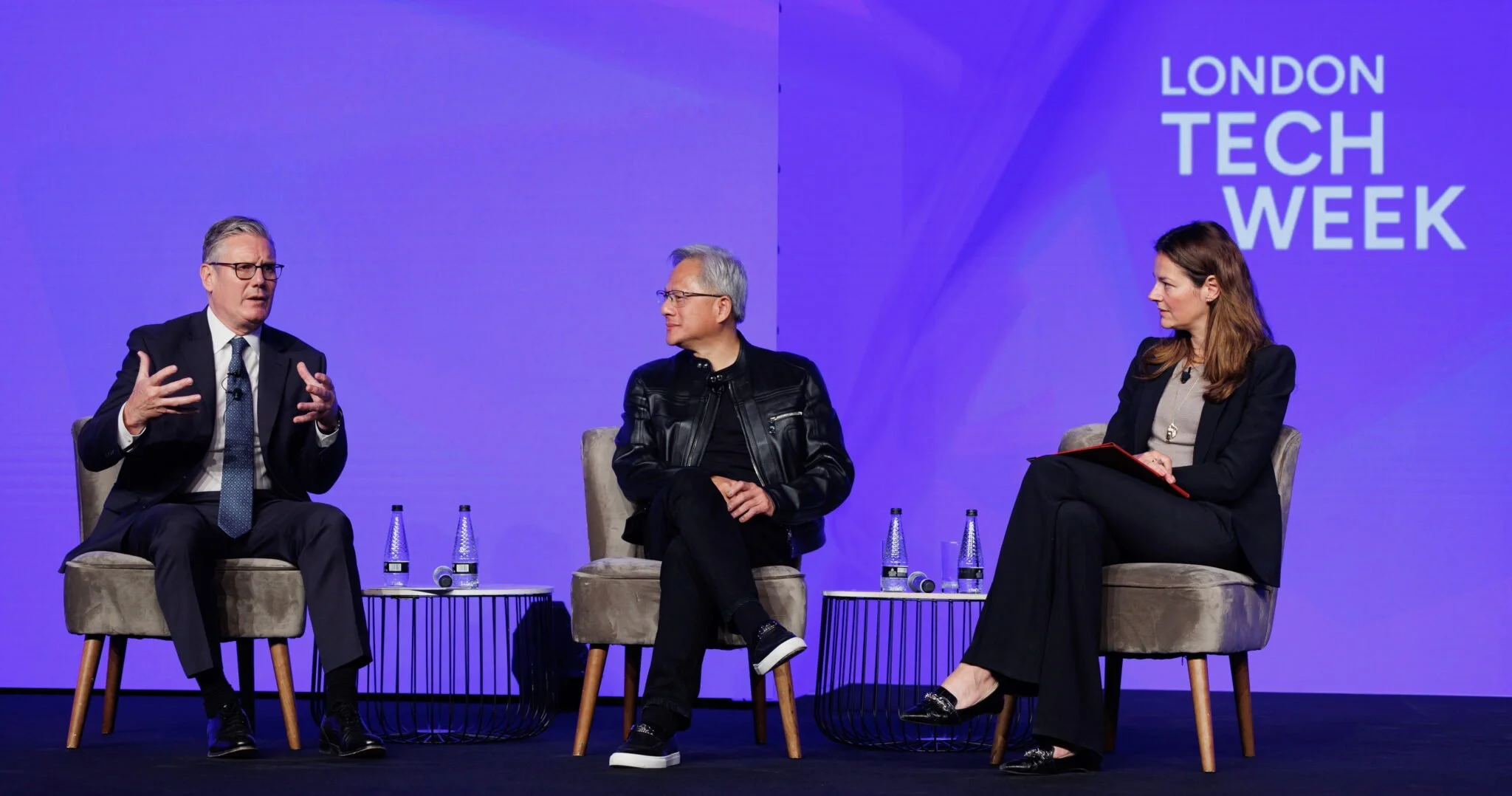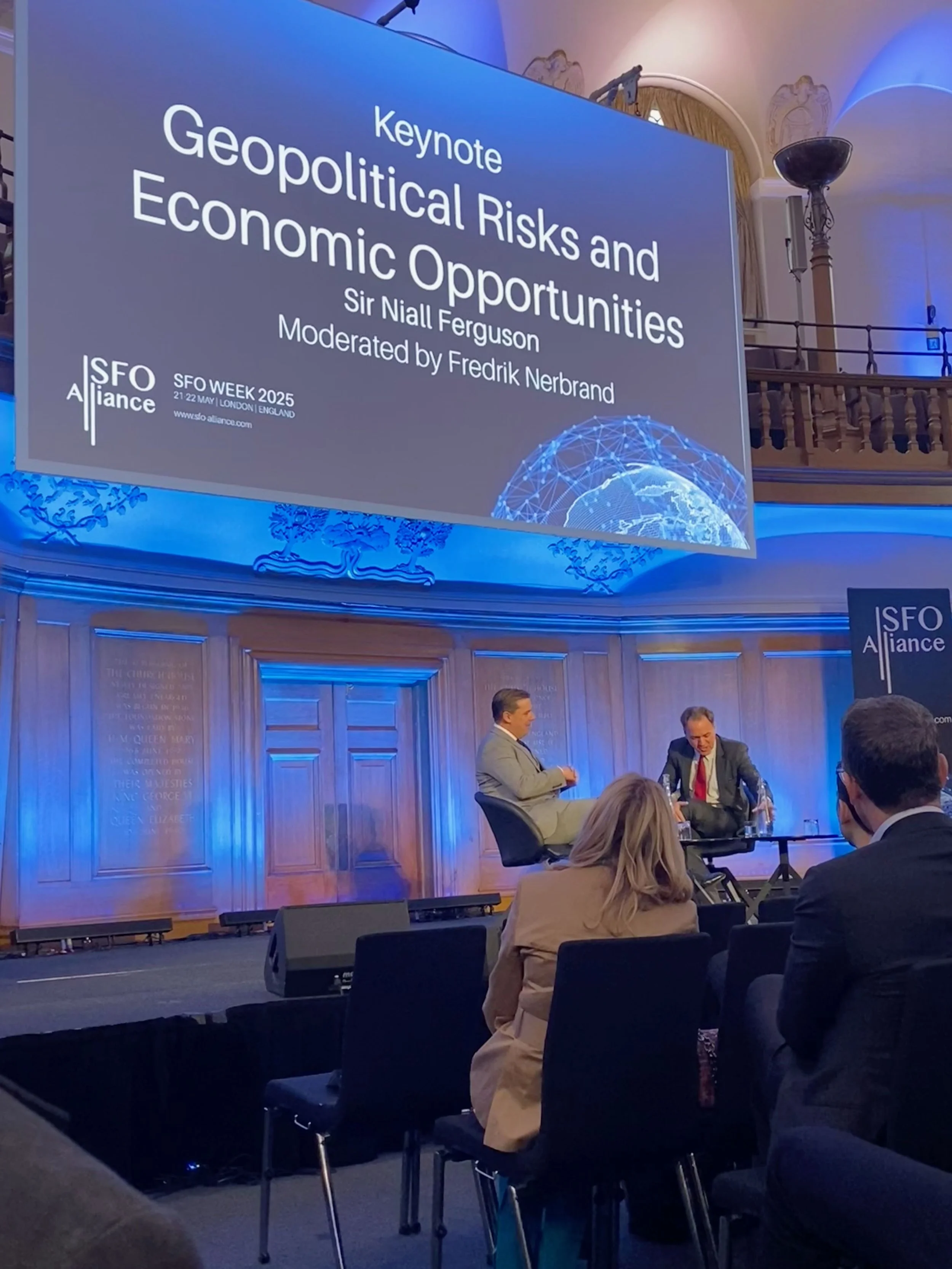Spain is rapidly emerging as one of Europe’s most investable innovation hubs. With a ten-fold increase in venture funding, 17 unicorns, and a sophisticated blend of public and corporate capital, Spain offers deep opportunities for investors, innovators, and corporate venture arms. From clean energy and AI to biotech and quantum, this article shares insights from UK–Spain discussions at the Spanish Embassy in London, highlighting where strategic growth and partnerships are already delivering results, and where the next big bets will be.
Why CVCs Must Lead with Strategic Communication
Corporate venture capital is more than capital, it’s capability, insight, and strategic advantage. But to scale innovation and deliver returns, CVCs must treat communications as core infrastructure. I attended GCV Symposium in London this week and discussed why strategic comms is critical to trust, growth, and investor value.
How the UK Can Turn Policy into Private Investment
Britain stands at a strategic crossroads, with policy, capital, and innovation aligning. As the UK enters a “Goldilocks moment,” family offices and venture investors must act decisively to turn this rare opportunity into long-term growth, trust, and national competitiveness.
How Como 1907's Playbook is Building A Global Brand
Como 1907's Cesc Fabregas and Mirwan Suwarso talked to The Athletic's James Horncastle at SXSW London 2025 on building a global brand from a football club on Lake Como to a luxury brand that can cross borders and is built on Cesc’s, Como’s and Italian values.
Why Family Offices Are The Hidden Architects of Innovation
At SFO Week 2025, it became clear that single family offices are more than capital providers—they’re strategic builders of innovation, trust, and long-term growth. From deeptech to university spinouts, family offices are shaping the future of investment with purpose and conviction.
Why Economic Diplomacy Is a CEO Power Move
Economic diplomacy is reshaping global business. Leaders who align with national strategies and engage at the intersection of policy and profit are gaining a competitive edge. Here’s how strategic insight drives access, resilience, and long-term growth.
Why Trust and Reputation Drive Growth and Investment
Trust is no longer a soft value, it’s a strategic driver of profit, growth, and resilience. As global trust declines, businesses must act to rebuild and protect it to build back profitability.
How Deepfake Scams Threaten Financial Institutions
I explore how deepfakes and generative AI pose rising threats to financial institutions, with verified case studies and strategic recommendations. It follows the deepfake of a Goldman Sachs Chief U.S. Equity Strategist, David Kostin. A must-read for business and investment leaders focused on trust, risk, reputation, and AI governance.
Trust Is Currency: Why Reputation Drives Tech Investment
Reputation is now a key driver of investment decisions across venture capital, corporate venture capital, and family offices. In this blog, we examine how trust influences deal speed, valuation, and risk, and offer practical guidance for founders and investors navigating today’s reputation-first funding landscape.








